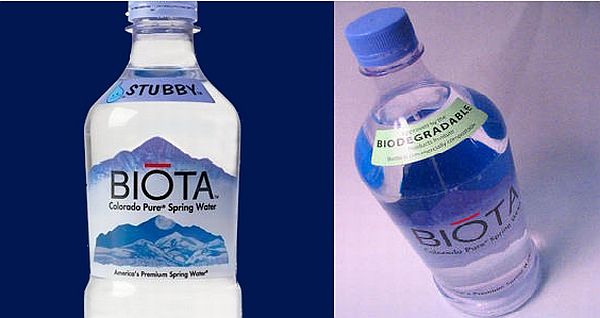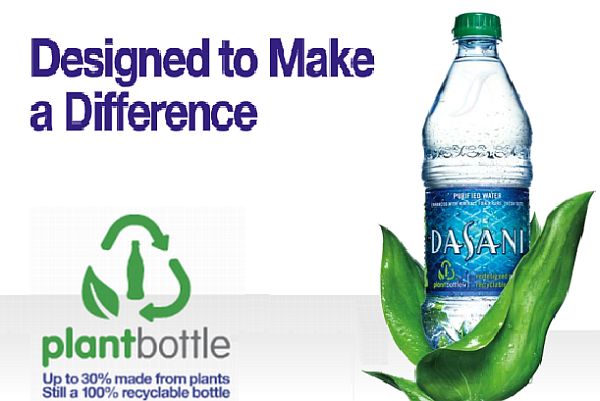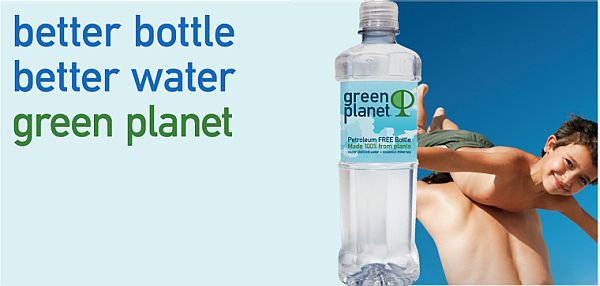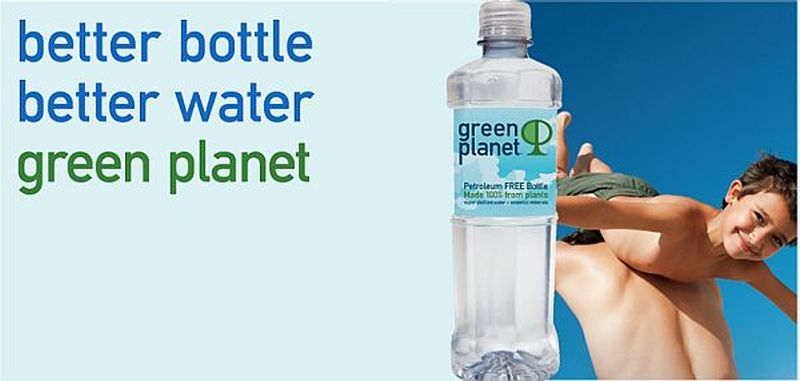When you are out in the sun and you feel thirsty, what do you do? While traveling abroad what is the one basic thing that you always take care of? Well, the answer to both these questions is the same – bottled water. However, do you pay attention to what holds this water? If you don’t, then it would definitely be plastic water, but if you do, then you have a chance to switch to eco-friendly water bottles. From why to buy them, how to buy them to what are their benefits shortcomings, here’s all you might want to know about sustainable plastic bottles. Opting for them is probably the greenest decision you can make, and if you are an eco-conscious person, you might not want to miss on this.
Plastic water bottles contribute significantly to plastic waste
Bottled water is so deeply integrated with our lives that we can’t do without it. Once used, we trash these bottles but what happens to it after that or do they pose any threat to the environment? We often ignore these questions.
According to recent statistics, the bottled water industry produces such a huge amount of plastic waste that the whole area of a 12×12 room would fill in just a matter of 74 seconds. That’s not all, most of the disposable water bottles are not environmentally friendly. So, imagine the amount of waste you would be producing each time you dispose of a bottle in the trash.
To ensure that used bottles do not cause any harm to the environment, some of the water manufacturing plants are gradually shifting gears toward a new material for making bottles. Instead of using conventional plastics, they are opting for plant-based plastics or bioplastics and trying their best to be more and more eco-friendly.
Trends
1. Biodegradable water container made from corn

Biota is one of the first company to package mineral water in a 100 percent ecofriendly and biodegradable bottle. This water bottle is made out of plastic which is created from polylactic acid (PLA) resin derived from the cornstarch found in corns. It takes 80 days for the bottle to biodegrade in commercial composting facilities. Corn is an excellent replacement, and quite economic as well, for the crude oil-based plastic bottles.
2. Renewal Premium Spring Water

Renewal is yet another bottling company that provides spring water in a 100 percent environment friendly bottle made from plant based materials. The bottles made from surplus plants can be recycled, composted or destroyed by burning with minimum repercussions. The company does not produce these bottles in partnership with NatureWorks, which provides them with Ingeo polymer, made from plant sugars.
3. PlantBottle

Dasani, in its own effort to be more conscious toward the environment uses PlantBottle packaging for its bottled water. PlantBottle is made out of 30 percent plant-based material and it is the first recyclable PET plastic bottle. In spite of being made of PET, the plant-based materials make it 100 percent recyclable. Not only that, while manufacturing these bottles the emission of harmful carbon dioxide gases can be reduced by a whopping 30,000 metric tons, equivalent to 3 million gallons of gasoline.
4. Green Planet

Joining in the other bottled water companies, Green Planet also makes use of ecofriendly 100 percent plant-based bottles. Unlike, the widely used plastic bottles made of petroleum and BPA, these bottles are free of toxins and have zero carbon footprint. It takes 80 days to compost these bottles or if needed these can also be recycled or reused.
The benefits
1. Easy to carry:
The simplest benefit you may derive from eco-friendly bottles is that you may carry your drinks in these to any place. You would see people carrying such bottles when they go for walks and to gyms.
2. No Chemicals:
If you store water in a plastic bottle, this plastic releases some chemicals like BPA into the water. BPA and similar chemicals are known to be harmful to the human body and can even cause cancer. Thus, you are attempting to remain healthy by drinking this water, while you might get sick because of the bottle you are using. That is the reason people are moving toward the use of eco-friendly bottles that are made of safe recyclable products. You can use and reuse them without any chemicals being released.
3. They don’t contaminate your water:
Your water may not get contaminated if bottles are made of glass or stainless steel. Many of these eco-friendly bottles are made of these materials.
4. Good for the environment:
Plastic waste can harshly harm the environment. Thus, to stop using plastic bottles, you would need a replacement that is also safe from the perspective of the environment. Using eco-friendly bottles can eliminate risks to the environment. Therefore, you are not only helping yourself, but also the nature to remain clean and healthy.
5. Fashionable:
People like fashionable sustainable products and the same fact applies to carry bottles to work or gym. Thus, eco-friendly bottles are designed in a colorful and trendy manner so everybody likes to take these along.
6. Free from PET and PVC:
The conventionally made plastic bottles are a heavy source of extremely toxic pollutants, greenhouse gases that affect our health and environment. Therefore, bottles made out of plant-based materials provide the manufacturers with an excellent alternative to the conventionally used plastic bottles made out of various types of petroleum chemicals such as PET or PVC.
7. Carbon efficient and recyclable:
Plant-based bottles are excellent for the environment, fully-recyclable and less dependent on nonrenewable source for production. It uses 65 percent less energy and fuel during production thus reducing your carbon footprint. Not only that, it also provides a good opportunity for the economic development of the rural areas by providing the farmers with a constant source of income.
The lowdown
There’s no doubt that substituting conventional plastic bottles with plant-based bottles has numerous benefits to health and the environment. But, for producing these bottles there are some other harmful effects that need to be addressed so it can be as eco-friendly as possible. While producing corn conventionally, pesticides are used in heavy quantities, which can have an adverse effect on the groundwater, surface water, on the quality and productivity of soil, wildlife and it can also cause soil erosion. These, in turn, will disturb the ecological balance further.
Another drawback of using plant-based bottles is the problems encountered while recycling these bottles. Some of these plant-based bottles, for example, the one made from corn contains PLA, which cannot be mixed with conventional plastic such as PET. Even though plant-based bottles are recyclable, most of the recycling units are adapted to recycle conventionally produced plastics. Therefore, the lack of proper recycling facilities in the US makes the recycling of these bottles difficult. And till then composting is the best option for these plant-based bottles. To ensure that these materials are disposed of properly in the composting facilities, it is important that the labels on the bottles are clear.
The impact
The future of the bottles made out of plant products looks very promising. There are many advantages of using such bottles. Their cost of production is almost the same as that of the petroleum-based PET bottles. Moreover, the bottle looks and feel as good as conventional plastic bottles. The same cost of production also means that the consumers wouldn’t have to pay extra for the plant-based bottles and they could be recycled like any other PET bottle. Plant-based bottles would also ensure that the farmers have a regular source of income. Thus, a giant step toward greener earth.



